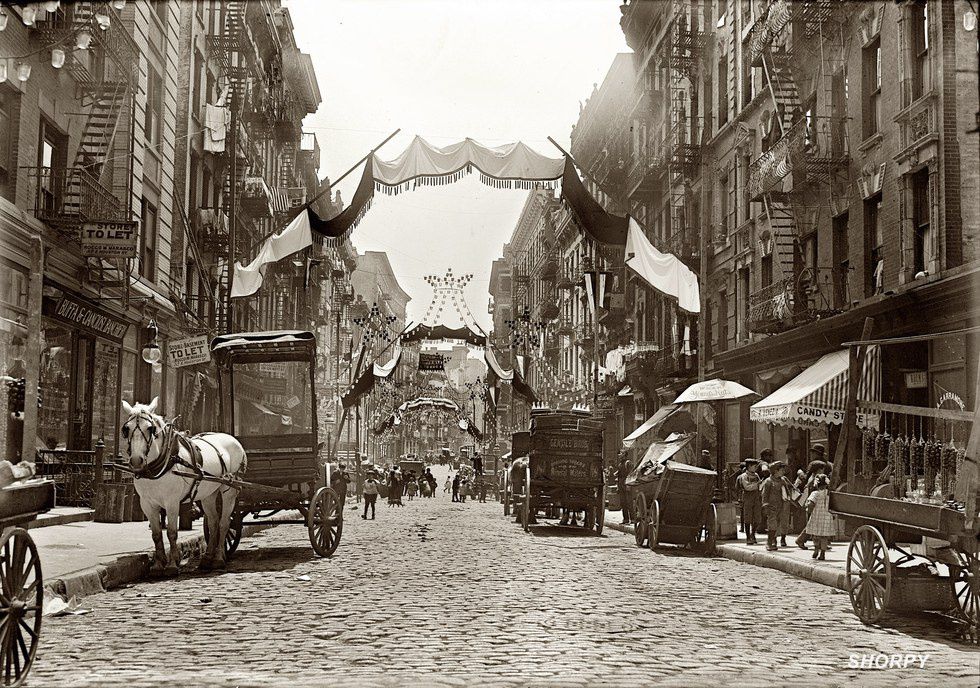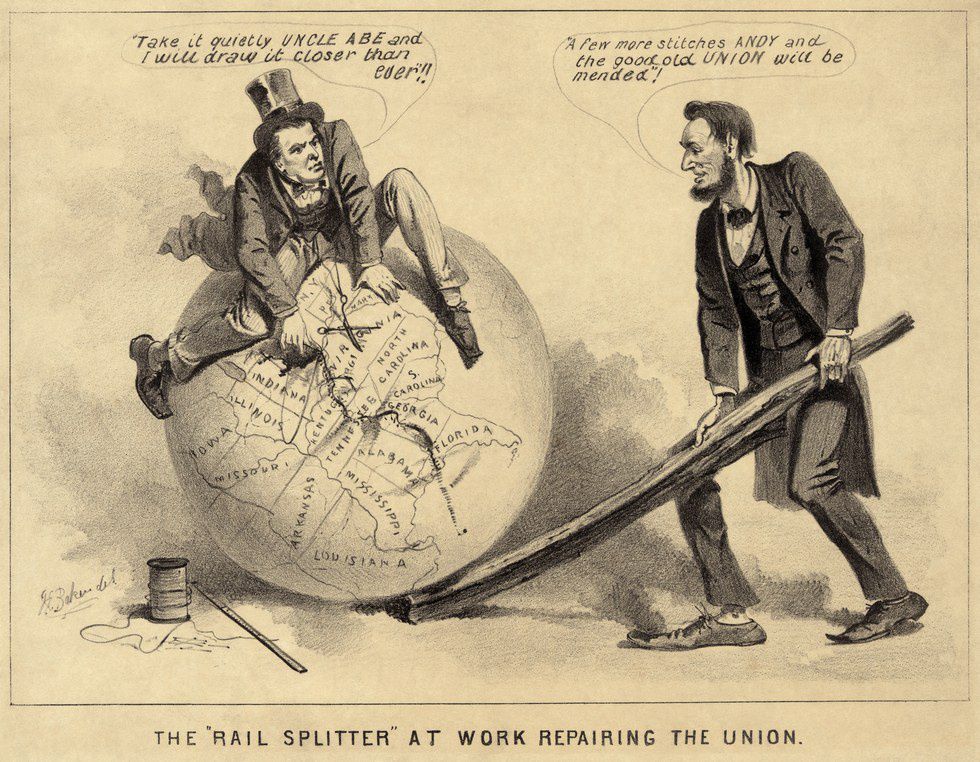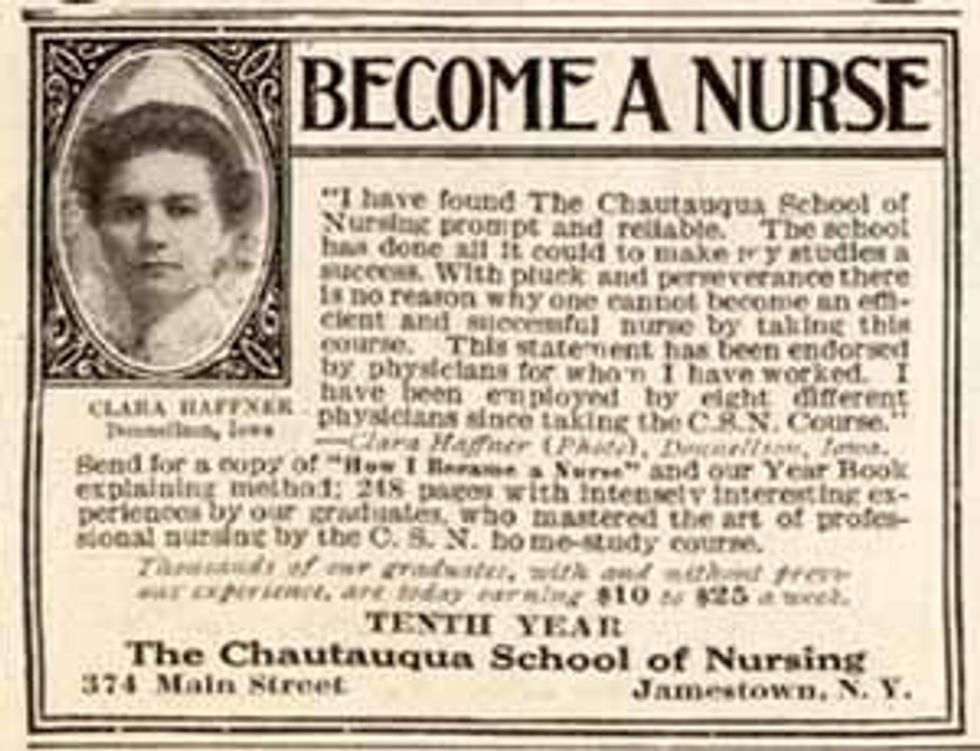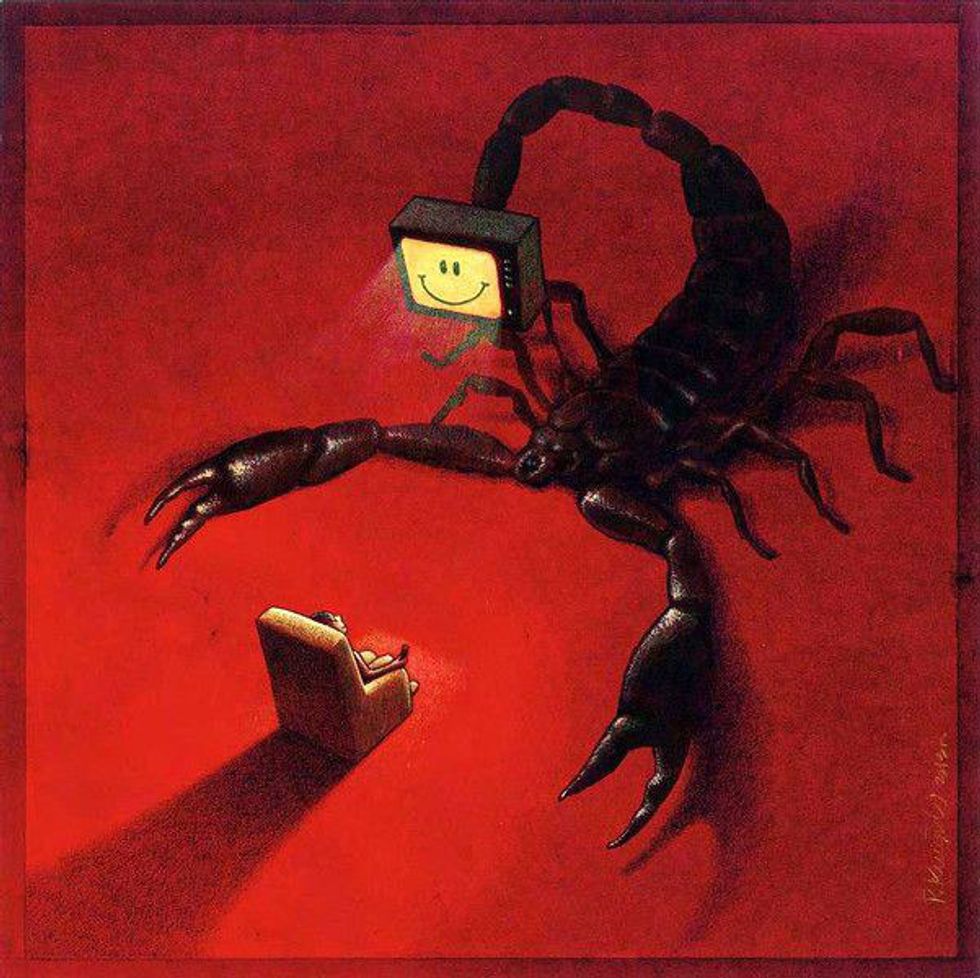Once upon a time, "The most American thing in America" was the source of entertainment for the masses, as well as one of the most proliferous sources of culture and education one can possibly recall. The Chautauqua movement brought culture to the common folk in a new and appealing way while also procuring to bring new and innovative ways of teaching. People were eager to learn and the movement evolved into a nationwide phenomenon, encompassing multiple disciplines from politics to music and sports.
It was in 1874, that a businessman and philanthropist from Ohio named Lewis Miller, in collaboration with Alabama Bishop John Heyl Vincent, started a program to instruct Sunday School teachers in the vicinities of Lake Chautauqua in New York, without knowing that they would eventually become the founders of the Chautauqua movement. The timing seemed to be just right and the outdoor lectures were received with a remarkable amount of excitement by the people. What a time this proved to be for it, perhaps it was part of the aftershock from the Civil War, a time when people were trying to make sense of everything that their beloved country had to go through. Some might have just been trying to understand why it happened while others might have been trying to find a clearer path toward the future.
Regardless of the reason, the movement made a big impact and the lectures conducted in the open air gained popularity very quickly. It didn't take long for more of them to start appearing. In a matter of a few years, the Chautauqua movement spread all over the country, to the point it evolved into the Circuit Chautauquas. A caravan of performers that would travel and set up their show in different locations, attracting more people, while still maintaining their initial goal of providing the common people with impactful, entertaining, and meaningful information. The movement became so successful that people were even willing to pay a small fee just to get inside the circle and listen to the great lecturers that would preach their point of views in the open air. Such was the success and the loyalty of the people that correspondence courses and degrees started being offered during the reunions. An inexpensive university, per se, something unthinkable in this days, unless you live in countries like Sweden, Finland, Germany, or even Argentina.
Learning in the days before the Chautauqua movement started was a privilege, reserved for the few that would grow up to rule the country. With that in mind, it is no mystery why the circus-style caravans and tents became the main attraction in rural America, at least from 1874 until the start of World War I.
Just like the traveling Chautauquas that followed the Civil War, the world, with America at its center, were witnesses to the fruits of the "Golden Age of Television" in the years following World War II. It was during these years that a box of moving images became the center of gravity of every household, as every day after supper, it would pull everyone closer and closer to it, steadily gaining momentum. Just like that "an old-time series of popular talks intended to edify and entertain, improve the mind and bring culture and enlightenment to the ears and thoughts of the hearer, were pushed aside for a faster-paced radio, movies, and TV."
How could one possibly ignore it when it was everything anyone who was someone was talking about? The '60s came with a succession of events that shifted everyone's focus in a non-stop barrage; the hippie movement, the pill, women in the workforce, the sexual revolution, sex on TV, The British Invasion, Vietnam, Freedom Walkers, the presidential debates, the presidential race, JFK's assassination, the moon landing, and even terrorism. Most of which were being transmitted in color. Very rapidly TV became the selected medium to become informed and up to date with the current events.
More than that, it slowly transformed into a unifier that would group individuals under a culturally televised system of ideas. While encompassing the many features that made the '60s and '70s become the iconic and representative decades that we now look back at while trying to regain some sense of improvement, that serves as proof that we are doing somewhat better. Who is to say we aren't? Maybe flying cars and skateboards weren't invented last year as they were supposed to be, but we have come long ways as a species. Scientists keep amazing us with more discoveries about our universe every day, a universe that seems to be more strange that we ever thought possible. Biologists and doctors keep making strides into new ways to cure diseases and save people. Without a doubt technology has made our lives easier.
Here we are in the 21st century, the age of technology, where the goal is to get everything in arm's reach of the consumer. Because living in a highly competitive and very successful market system demands it, the problems might reside in not knowing when they are selling you the truth or simply what you want to hear. From "studies" that get distorted beyond belief, to news that show nothing but tragedies. Ads posted absolutely everywhere and shortcuts to everything from losing weight to finishing your homework. We traded the cloud of smoke and fog from a steampunk world for the cloudiness of mind and vision of a media world. I would be lying if I said I'm not scared of how fast this world is moving, not because I can't keep up, but because in order to do so, I would have to let go of truths that I hold very dearly and do everything in my power to keep up – call me an idealist or whatever you find appropriate, but in many instances, I would rather "fail" to meet the standards than fall into them.
I'm not going to try using phrases like "is not the destination, but the journey" or "a thousand-mile journey begins with one step" since they have been used so much that are now clichés we ignored or don't pay attention to whenever we hear them. This market demands results; "the end doesn't justify the means" is another cliché not worth using. You see, this is one of the reasons why dealing with this subject represents such a massive challenge.
Now, this is just another paper published in a social media platform, and I might as well just be another corporation trying to convince you that I'm right, so that you go ahead and buy my product by sharing this article. But to be honest, I'm just interested in reading my books, exploring this world, and hopefully finding friends to share moments with. The one thing that the Chautauqua movement taught me was how eager people seem to have been when new and exciting ways of learning were presented to them. How the honest values of curiosity and appreciation of the unknown managed to evolve and flourish in local parks and lakes all over the country. But as I dug further and further into the history of the decades that followed I became aware of the slow but steady decay of such values.
As I move from teenagehood into my adulthood the only road I see is one leading to one of those jobs in tall buildings John Hartford talks about, and I'd be one to be ashamed if that becomes my entire life. Because to me, in doing so, reaching the point where I lose myself to the rhythm of this made-up world could be inevitable.














 The minimum wage is not a living wage.
StableDiffusion
The minimum wage is not a living wage.
StableDiffusion
 influential nations
StableDiffusion
influential nations
StableDiffusion












